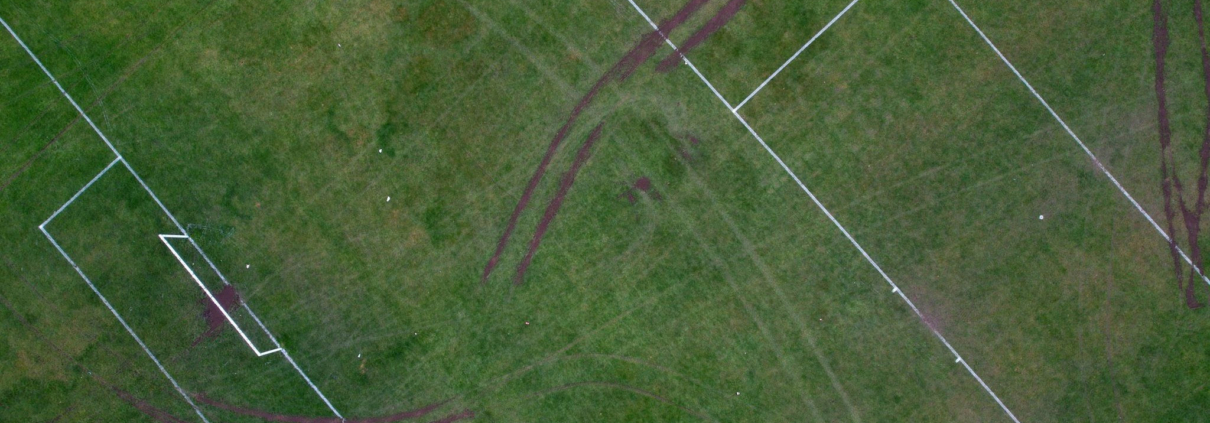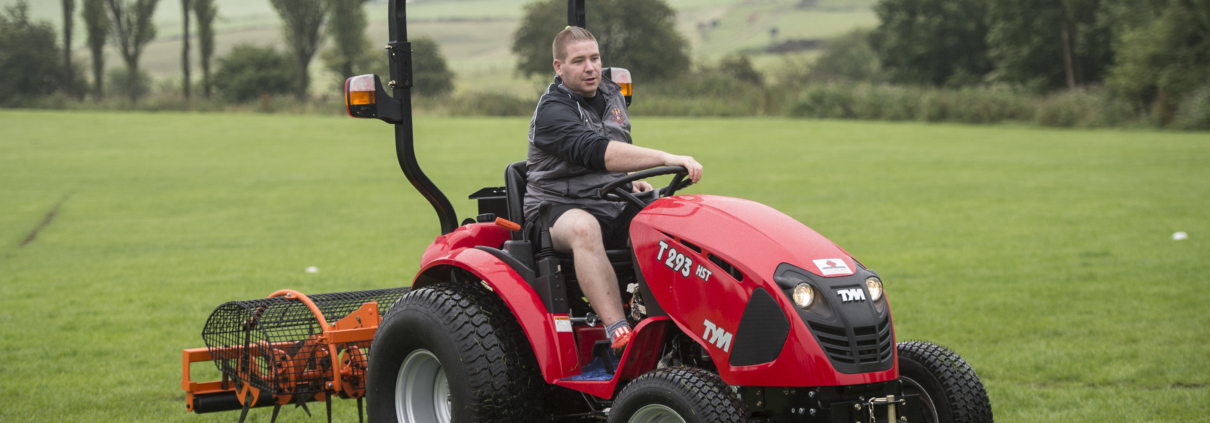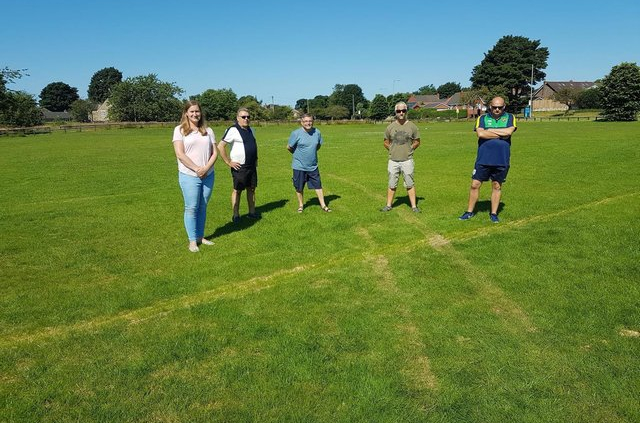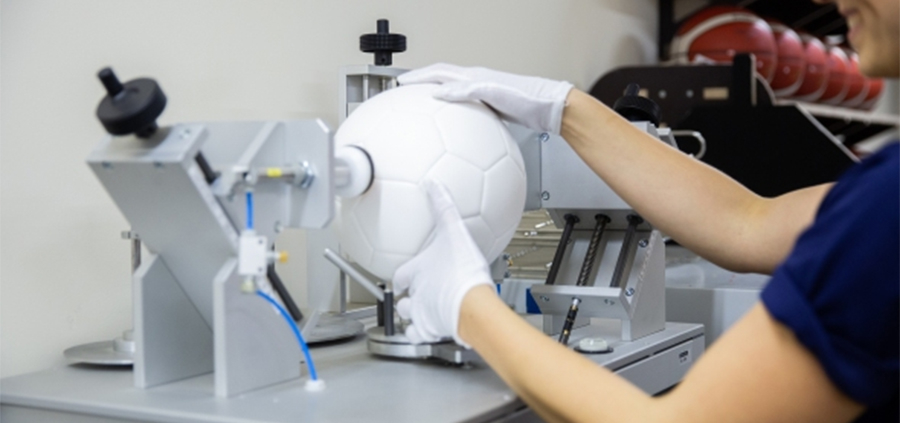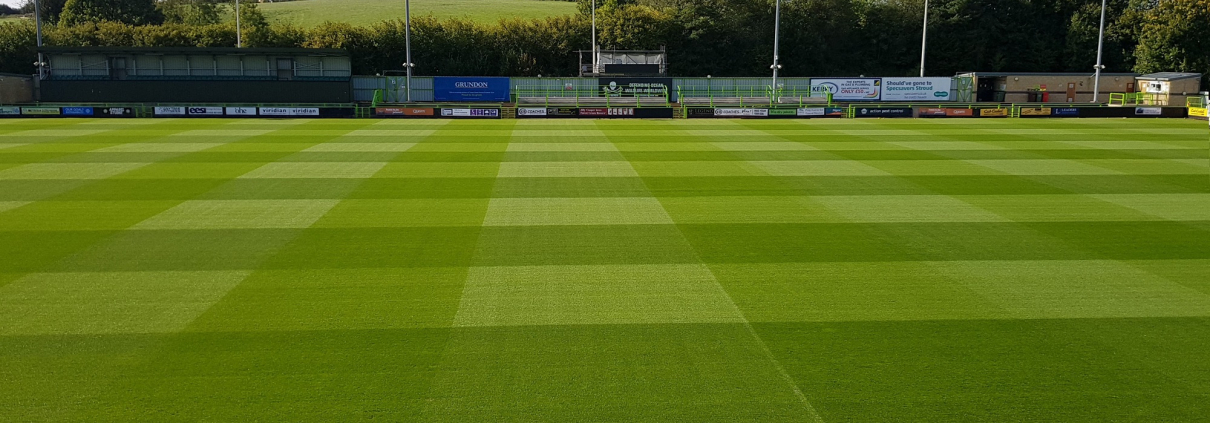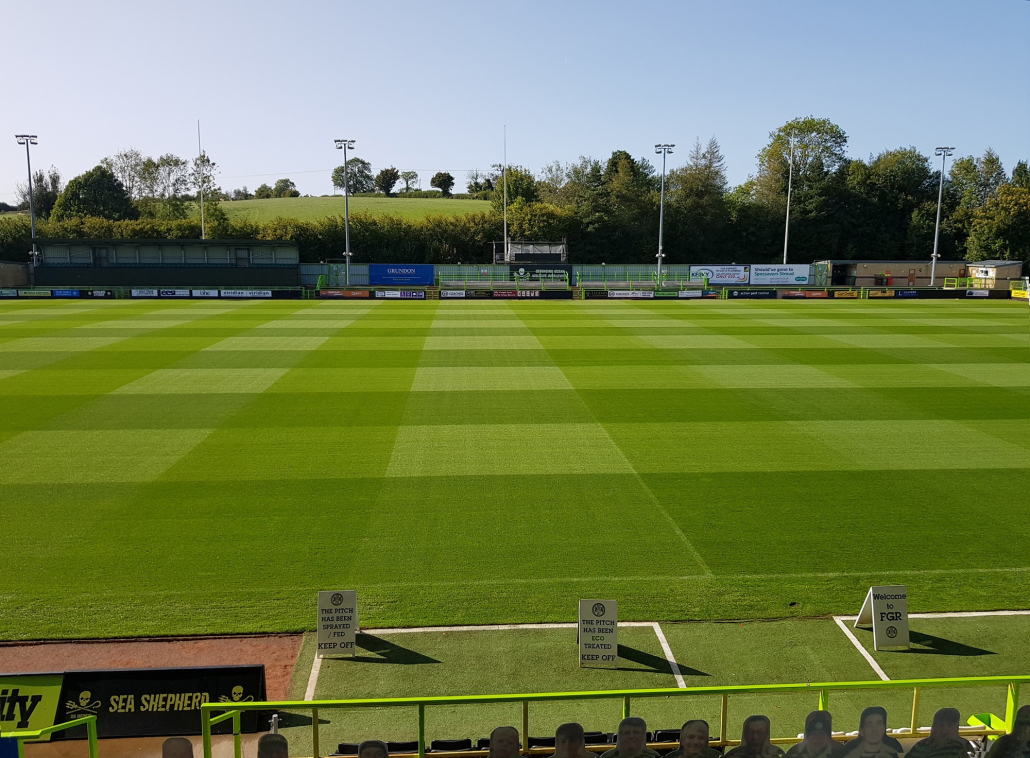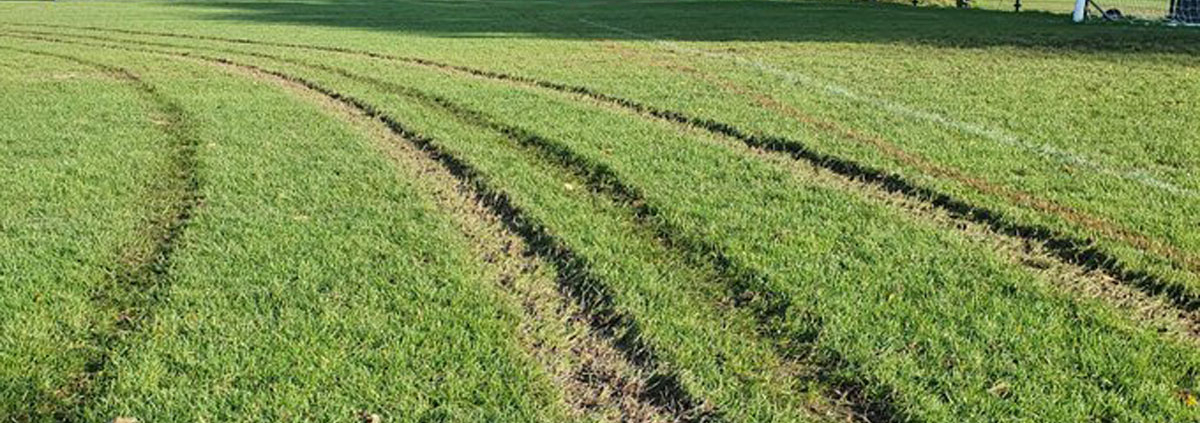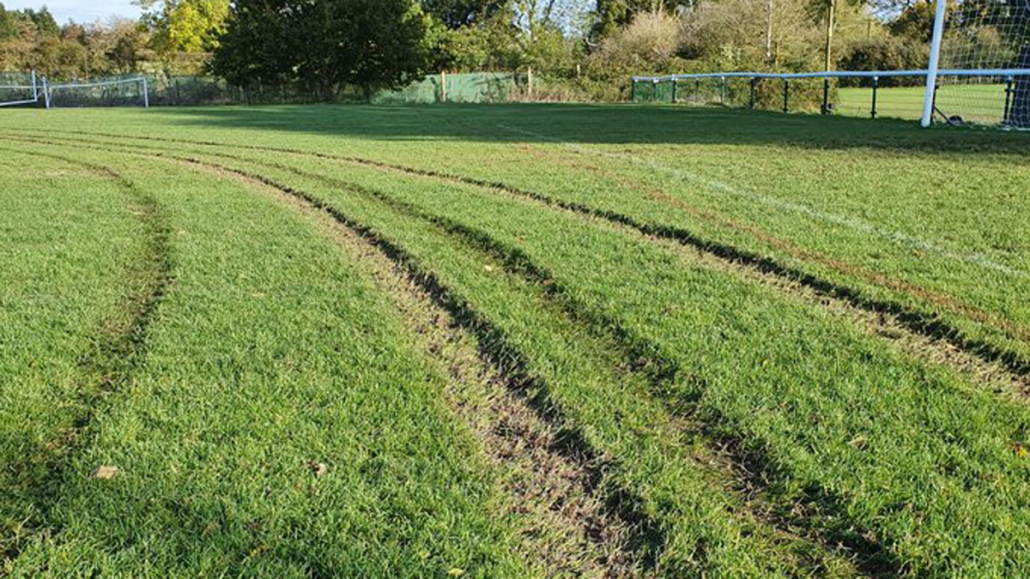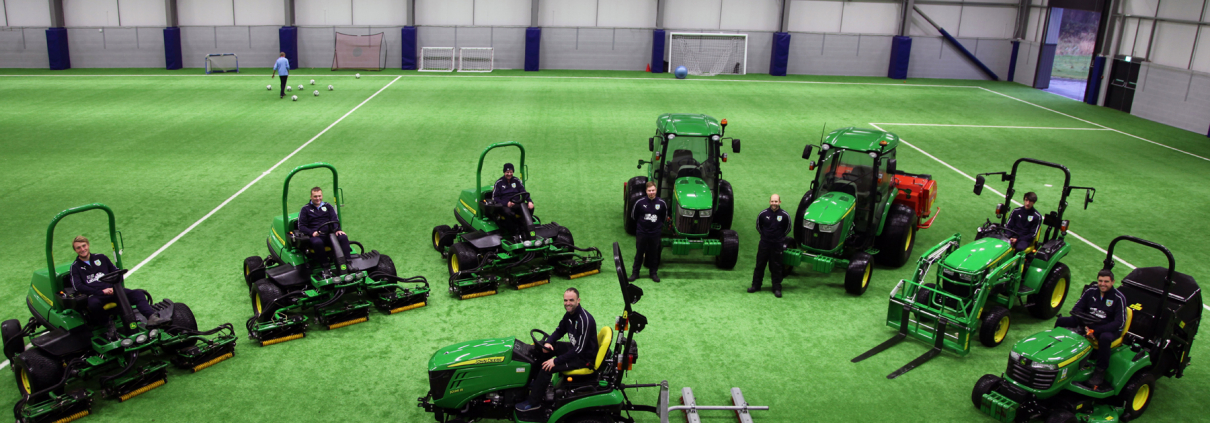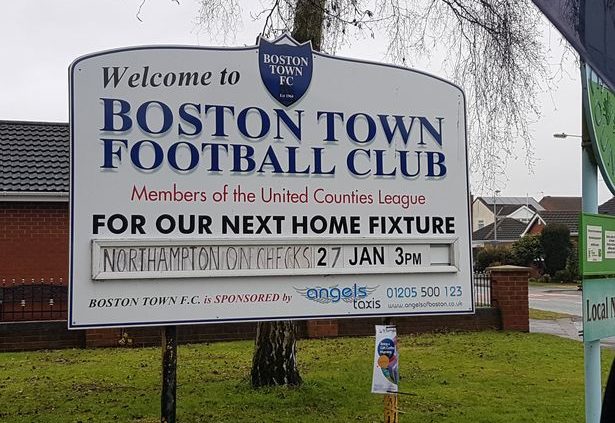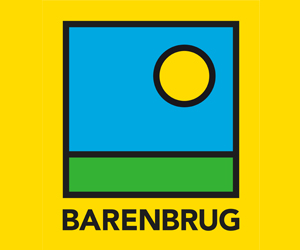Top questions for FIFA Football Certification: Here are the answers to the most common questions I receive regarding FIFA certification of Footballs.
- How much will it cost?
Maybe less than you thought, depending on the certification level you want to achieve. The lowest cost option is FIFA’s International Match Standard (IMS) with its administrative fee of 500CHF plus a lab testing fee that is competitively priced. That is it as far as cost goes for a 2-year certification.

Top questions for FIFA Football Certification
FIFA’s Quality and Quality Pro certifications can be more expensive but equally good value for those targeting top level leagues. FIFA Quality and FIFA Quality Pro incur fees (inclusive of admin and testing) of 3,300CHF to 4,400CHF — this certifies a ball for 4 years. Both Quality and Quality Pro certifications are subject to royalties per ball sold of 0.75CHF and 1.5CHF, with a minimum annual sum of 5,00CHF.
- How long does it take?
The application does not take long, but it depends on whether you or your manufacturer hold a valid WFSGI certificate and suitable Product Liability Insurance. At Sports Labs, we aim to have all testing completed and results submitted to FIFA for review within two weeks from the receipt of your samples at our UK laboratory.
- I don’t manufacture my own footballs; can I still get them certified?
Yes. You do not need to be a football manufacturer in to become a licensee and certify footballs.
- What paperwork do I need?
The paperwork required is the same for all certification levels and it is minimal. You will need to provide the following details:
- Company Details
- Contact details
- Football brand and manufacturer
- WFSGI Pledge. This is passed directly from WFSGI to FIFA on your behalf.
- Your Product Liability Insurance certificate showing FIFA as a co-insured party
- Details of the Football you want to certify
Once the above list is complete, fees are paid and test results are all in check, FIFA will provide a licensee agreement that you need to sign and return. That is it, all of your IMS logos and licence number will be send from FIFA directly to you.
- What is the difference between commercial and non-commercial licences?
Not much, is the short answer. But only FIFA’s IMS certifications can be obtained on a non-commercial licence. FIFA Quality and Quality Pro certifications require a commercial licence and will incur royalty fees.
- Are FIFA Quality Pro footballs better than FIFA IMS balls?
No, not as a rule. Many manufacturers and resellers choose to certify to IMS rather than Quality or Quality Pro certifications not because the balls are not good enough, but because IMS is sufficient for the target market and it is more cost effective. Many of the IMS balls on the market could easily achieve Quality and Quality Pro status. Of course, there are some that would not.
- How long does the certification last?
The certification for all non-commercial licence agreements (most IMS balls) is for 2 years, after which the football model will need to be re-tested. A new fee will be collected and a new agreement signed. A commercial licence agreement works much the but is good for 4 years.
- I’m a purchaser and just want to check the quality of the balls I’m buying, can you help?
We are asked this a lot and it should probably be further up on this list. Yes, absolutely. We can conduct stand alone quality testing at any stage, whether it be to check a model that your looking to bulk purchase, assess samples from varying manufacturers or simply as part of your development R&D. We tailor tests and test suites to match your needs, including single tests to more involved research.
- I’m having difficulty getting FIFA named as a co-insured party on our Product Liability Insurance, can you help?
Nope, unfortunately it is not our area of expertise. Our advice is to contact a reputable broker. Naturally, we have heard of companies struggling to get FIFA noted as the co-insured party, but with a bit of perseverance, we have never seen it block becoming a FIFA Licensee.
- Is there any real benefit to achieving FIFA Certification?
I strongly believe so, the testing conducted at Sports Labs is rigorous and assesses a range of key quality indicators that should give your end buyers confidence in the quality and performance of a product. Put your marketing team to work and display your FIFA IMS, Quality or Quality Pro achievement on your website, tradeshows, and social media. This is a proof of quality stamp, not just an association to FIFA.
You will find more articles like this in our Field Notes directory
For the latest industry news visit turfmatters.co.uk/news
Get all of the big headlines, pictures, opinions and videos on stories that matter to you.
Follow us on Twitter and Instagram for fun, fresh and engaging content.
You can also find us on Facebook for more of your must-see news, features, videos and pictures from Turf Matters.



